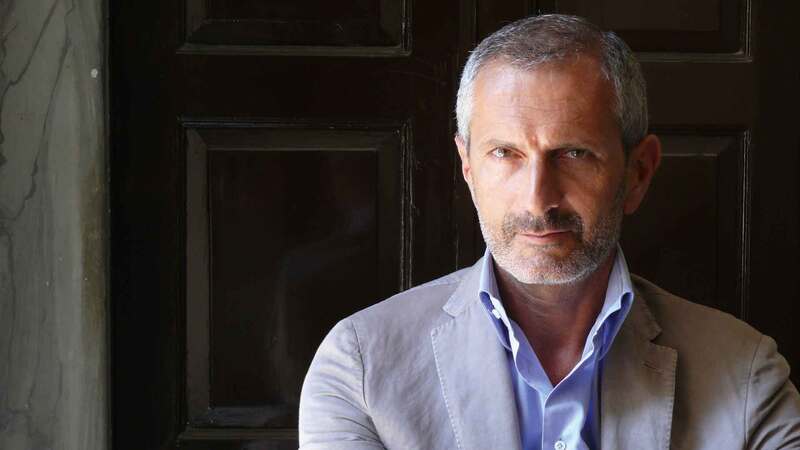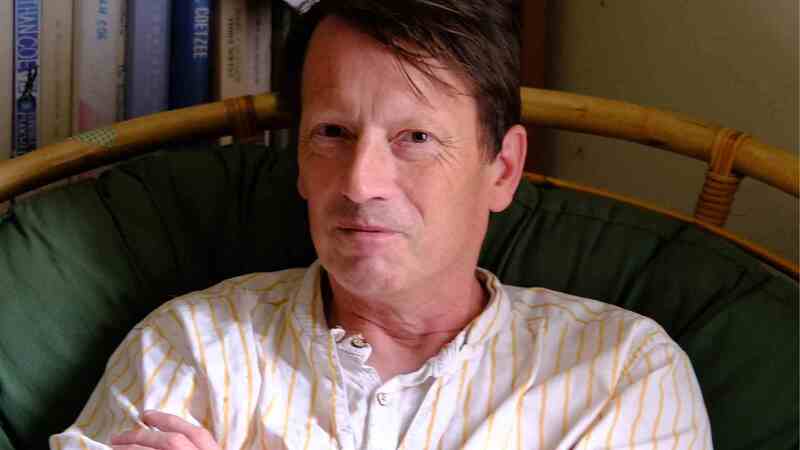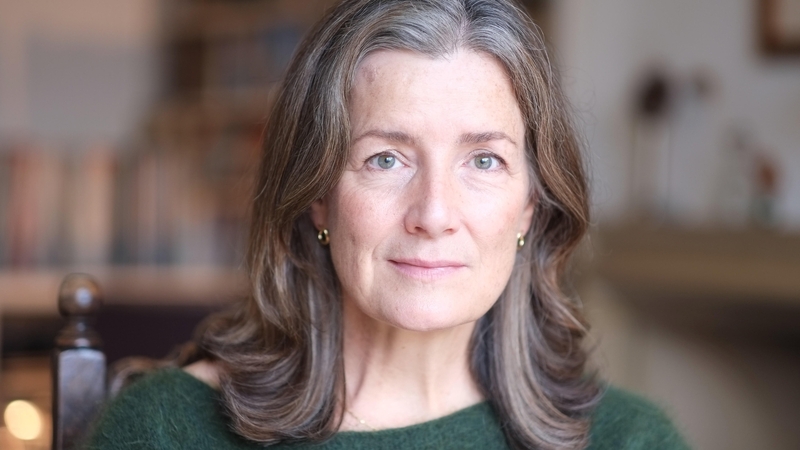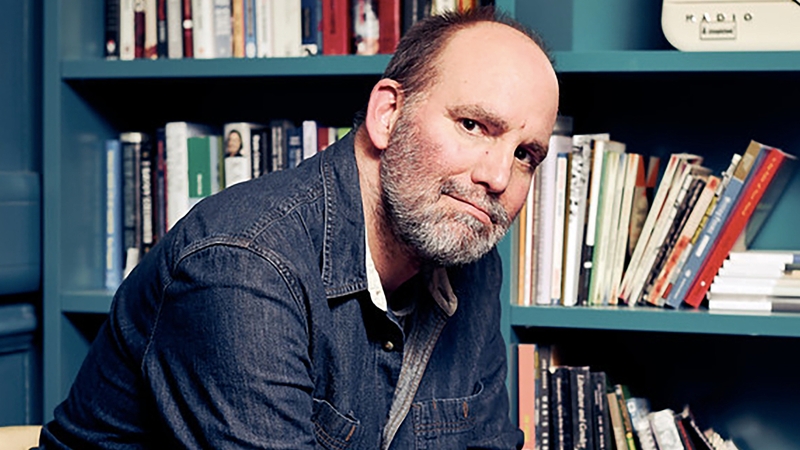You are viewing your 1 free article this month. Login to read more articles.
The tragedies of Magda Goebbels
Meike Ziervogel explores the life of the notorious Magda Goebbels, wife of Hitler’s propaganda minister, in her new novel Magda
A mother’s envy of her daughter affects women and their families over generations.
Being a daughter and the mother of a daughter myself, this emotion, which we often deny, fascinates me. When I read about the tragic story of Magda Goebbels, wife of Hitler’s propaganda minister Joseph Goebbels, in preparation for my novel Magda, I realised that I had found a compelling example of a mother-daughter tragedy. A pattern of envy and jealousy, established in one generation, repeated – or translated – in the next.
Magda Goebbels
Magda Goebbels is often portrayed as a fanatical Nazi – but there is more to her than that.
Born in 1901 in Berlin, she went to high school at a time when such an education was an exception rather than a rule for girls in Germany. While still at school, she became romantically involved with a leading Zionist, Chaim Arlosoroff. She wore the Star of David, wanted to convert to Judaism and emigrate to Palestine. However, Arlosoroff left her for a Jewish woman, and Magda married the industrialist Guenther Quandt. She gave birth to her first son Harald in 1921.
The marriage broke up and in 1931 Magda married Joseph Goebbels, the Nazi propaganda minister. They had six children. By the end of the war Magda was the only high-ranking Nazi woman to not only kill herself, but also every one of her children. What made her capable of committing such a crime?
A troubled childhood
I looked into Magda’s childhood. On the surface it appears relatively normal for her time. Her mother Auguste worked as a maidservant and gave birth to her daughter out of wedlock but married Magda’s father soon afterwards. The relationship didn’t last long and Auguste remarried a Jewish businessman. Both men, Magda’s father and her stepfather, seemed to have cared for the child. So what went wrong?
Not much is known about Magda Goebbels beyond the bare facts. She did not keep a diary and there are only a couple of short letters that have survived. In order to gain an understanding of Magda’s motives, I started to think about what she might have felt as a child and what her mother could have been like.
Since I am a mother myself, I was able to access certain feelings – even difficult feelings. Ever since I gave birth 18 years ago, I have been interested in the nature of maternal love. Is this love only positive? Or does it have a dark side? What are its destructive forces? While writing Magda I imagined Auguste’s life.
Desperate for love
It seemed to me that Auguste felt burdened with a child she didn’t want. She looked after her daughter physically but was unable to understand the child’s psychological needs. She felt jealous of the love and attention Magda’s father and stepfather showed to the girl. Lacking in self-esteem and self-respect herself, Auguste was never able to develop in her daughter the internal security necessary for a woman to assume responsibilities for her own ambitions and desires.
I also imagined Magda as a child. She was sent to a Catholic boarding school in Belgium at a very young age, where she coped by learning to control her fears and not ask for help. By the time Magda had grown into a young woman she was desperate for love and recognition. She fell for powerful, charismatic men – regardless of their political inclinations. She transferred her ambition onto these men and wanted them to fulfil her dreams. It could only end in disaster.
Joseph Goebbels
The Goebbels’ family’s fate was entwined with the crumbling of the Nazi regime at the end of the war. Magda decided to join her husband in Hitler’s Berlin bunker to wait for the inevitable defeat. She decided to bring all six children. A physically and emotionally sick woman, and deprived of all power, the only way she could maintain her illusion of control was to murder them. Joseph and Magda then killed themselves.
In my novel about Magda Goebbels, the failure of a mother-daughter relationship in one generation led to a flawed maternal relationship in the next. Magda Goebbels was not able to perceive her children’s reality and lives as separate from her own – and acted accordingly.
The child Magda was trapped in a relationship with a narcissistic mother. But as an adult, Magda was no victim, neither of her circumstances nor of men. She could have made different choices – especially with respect to her final act. Hitler offered to fly her and her children out of Berlin to safety. She refused.
Magda by Meike Ziervogel is published by Salt.














